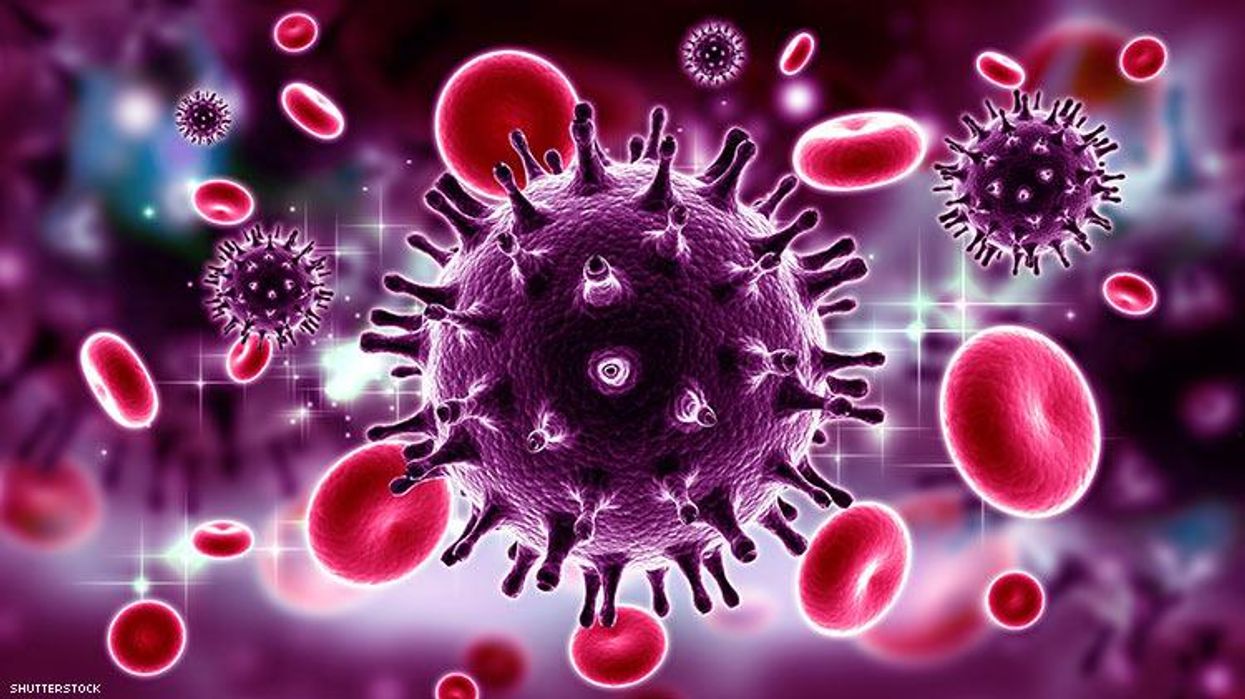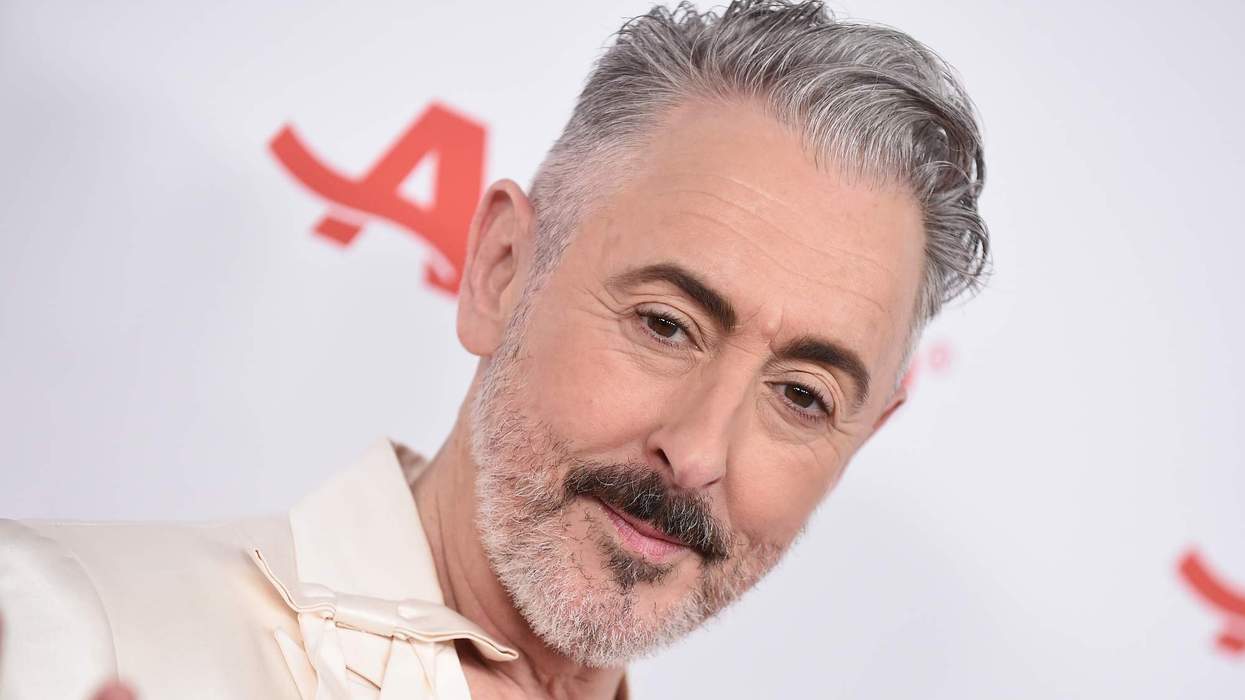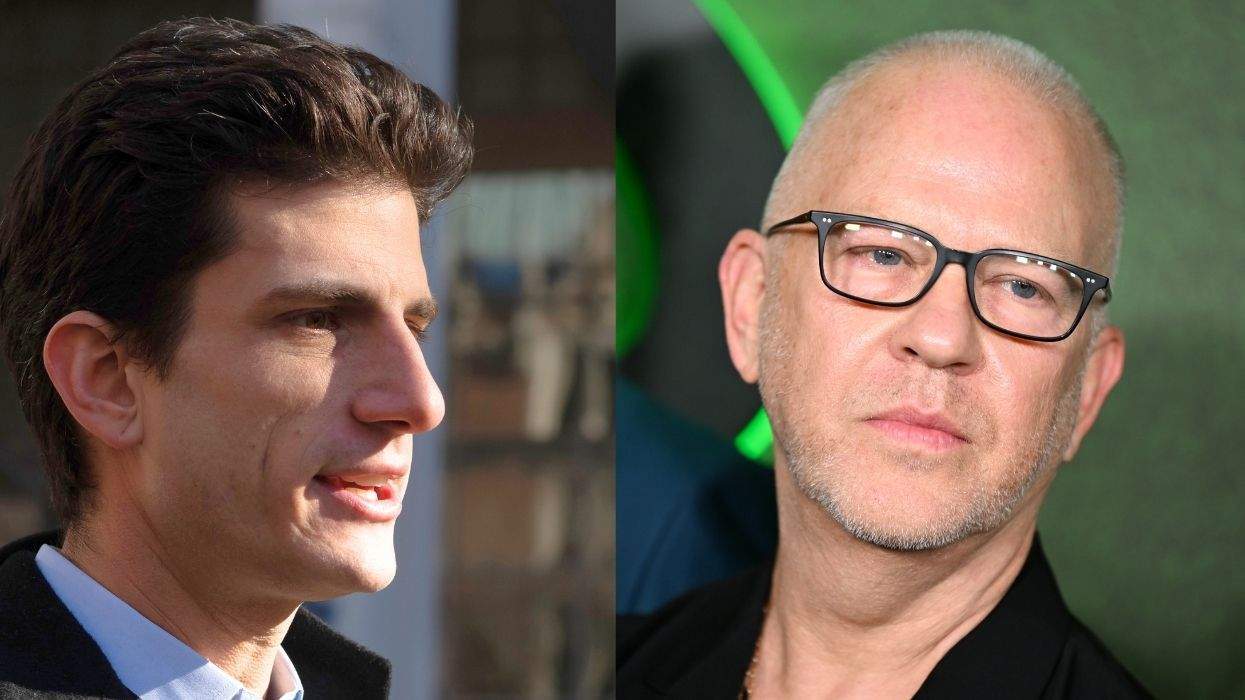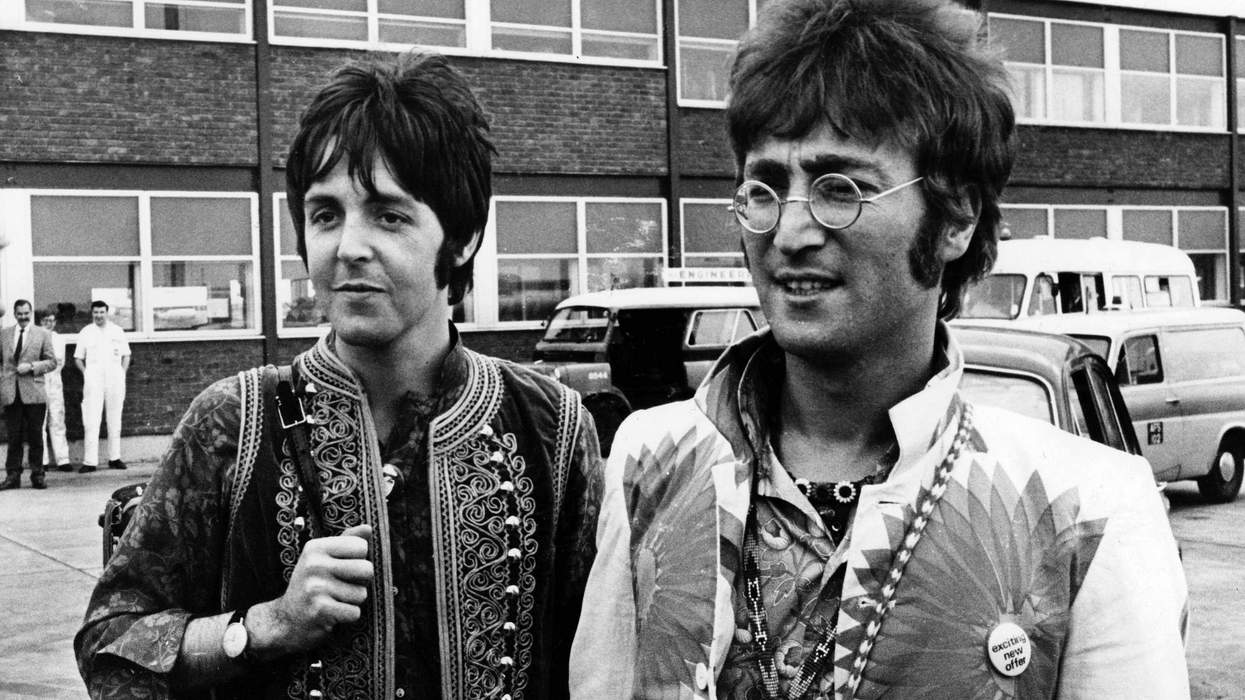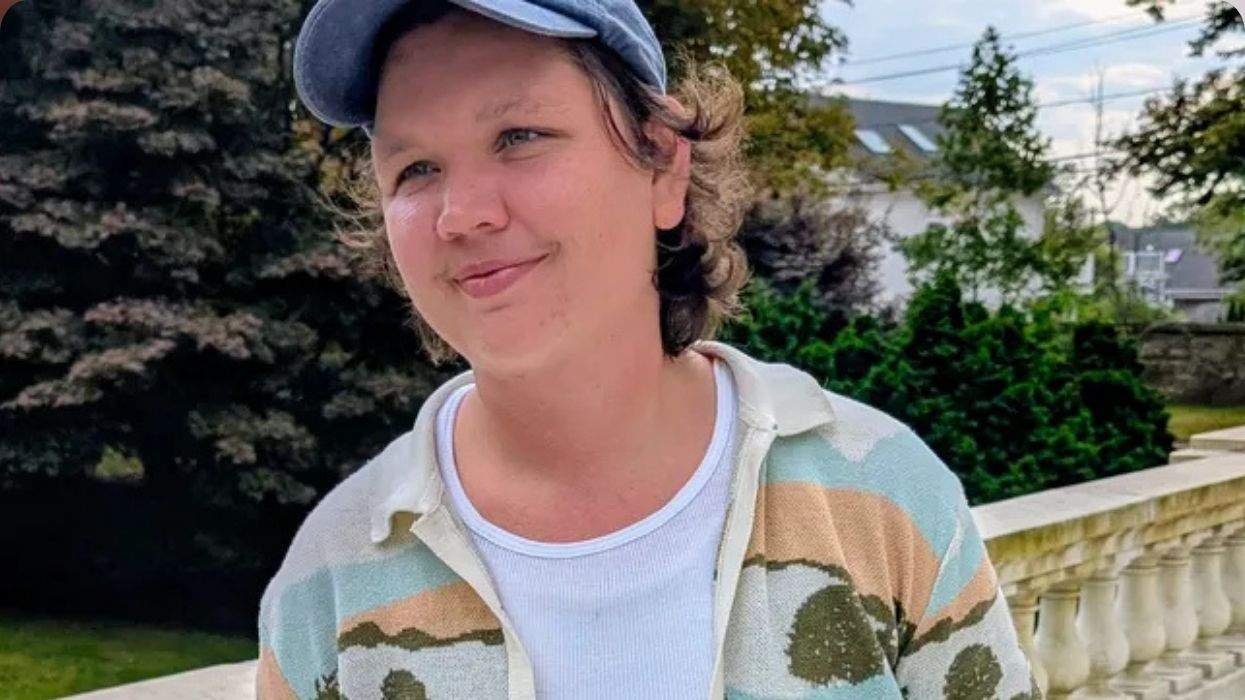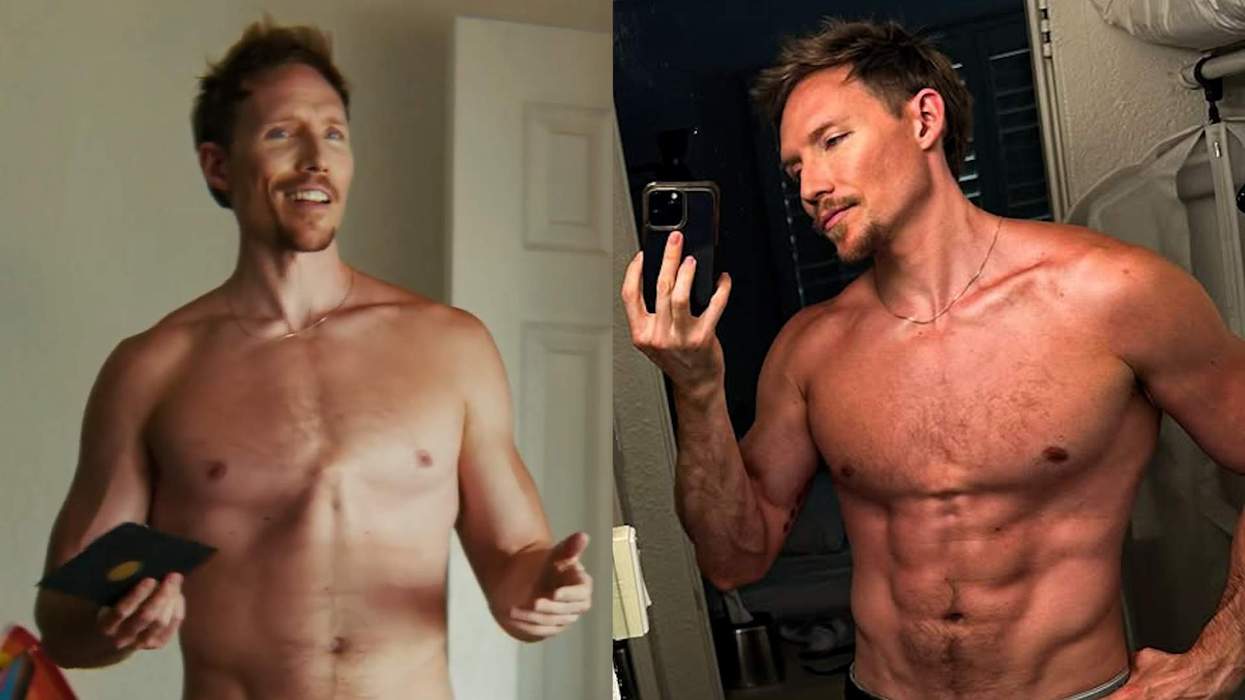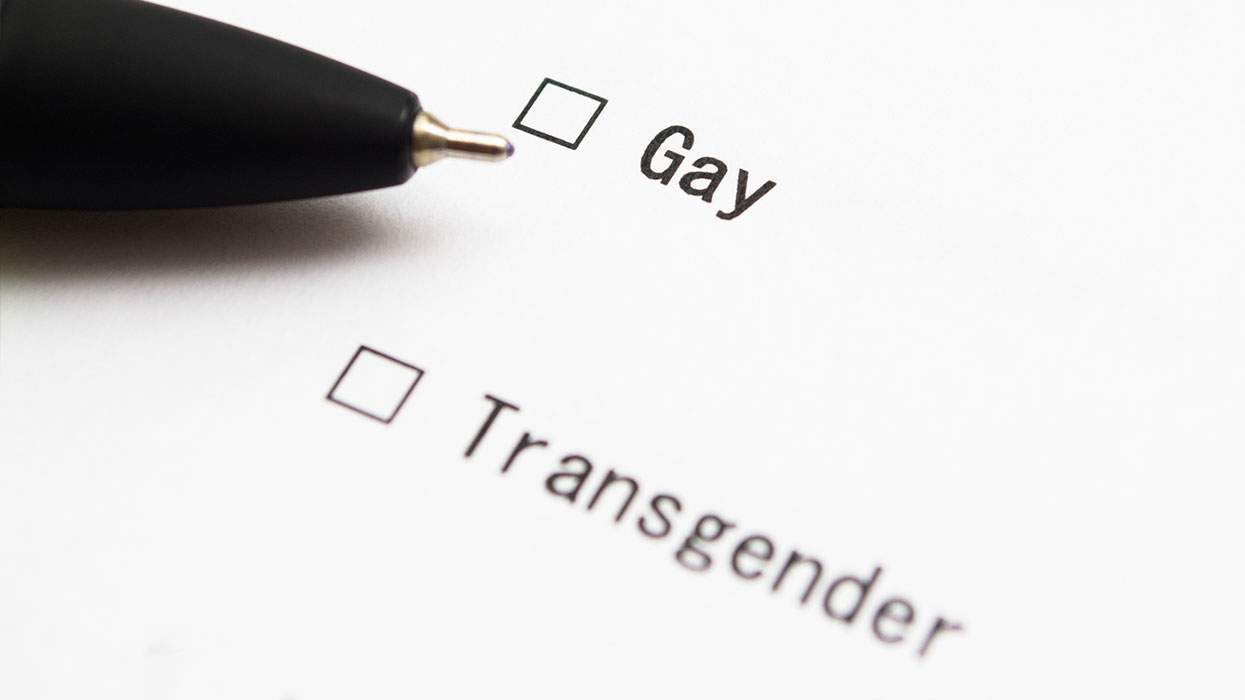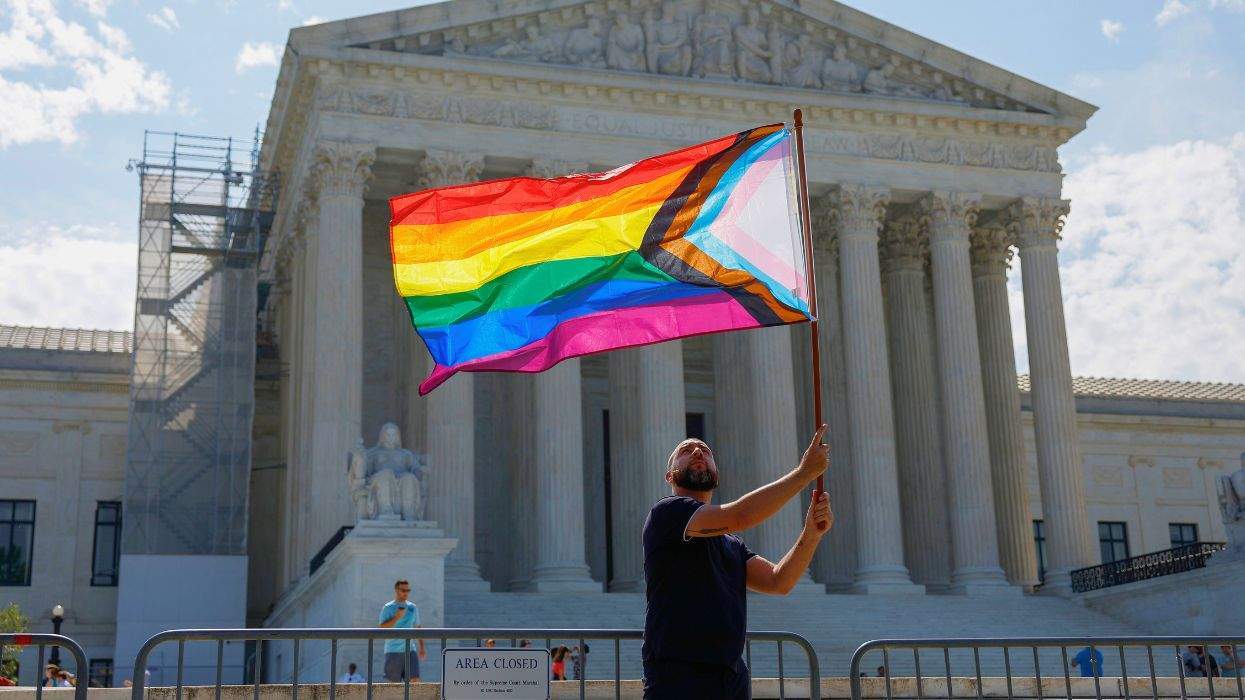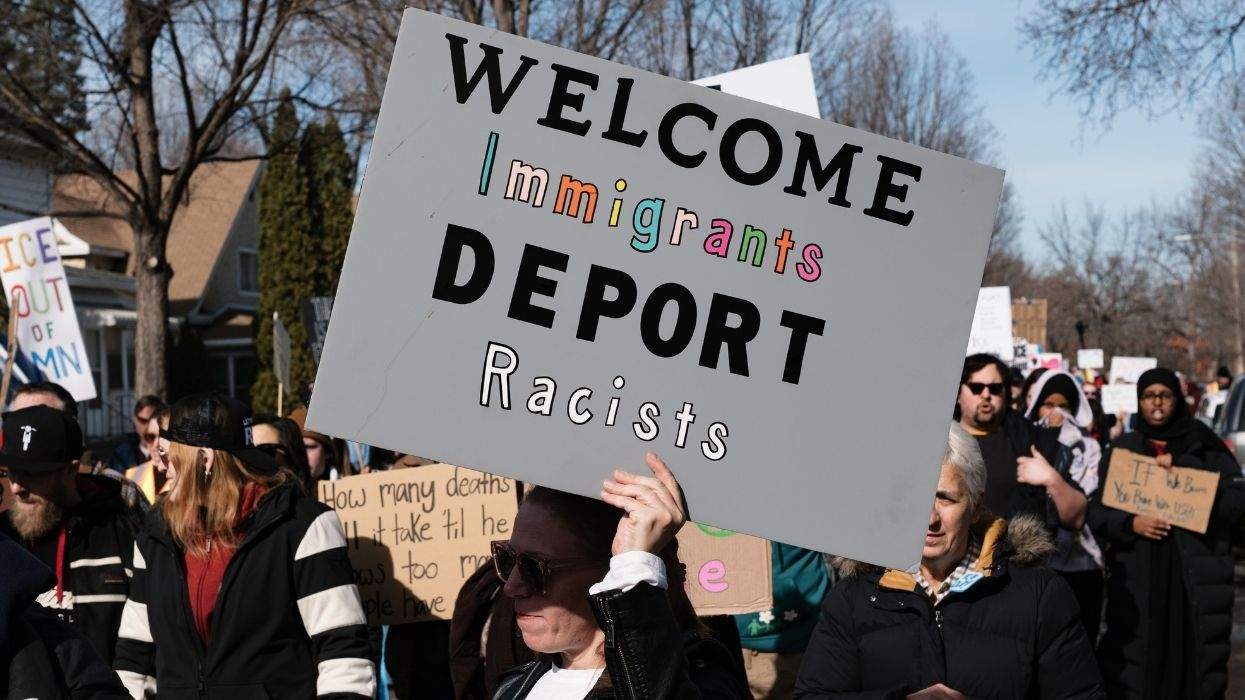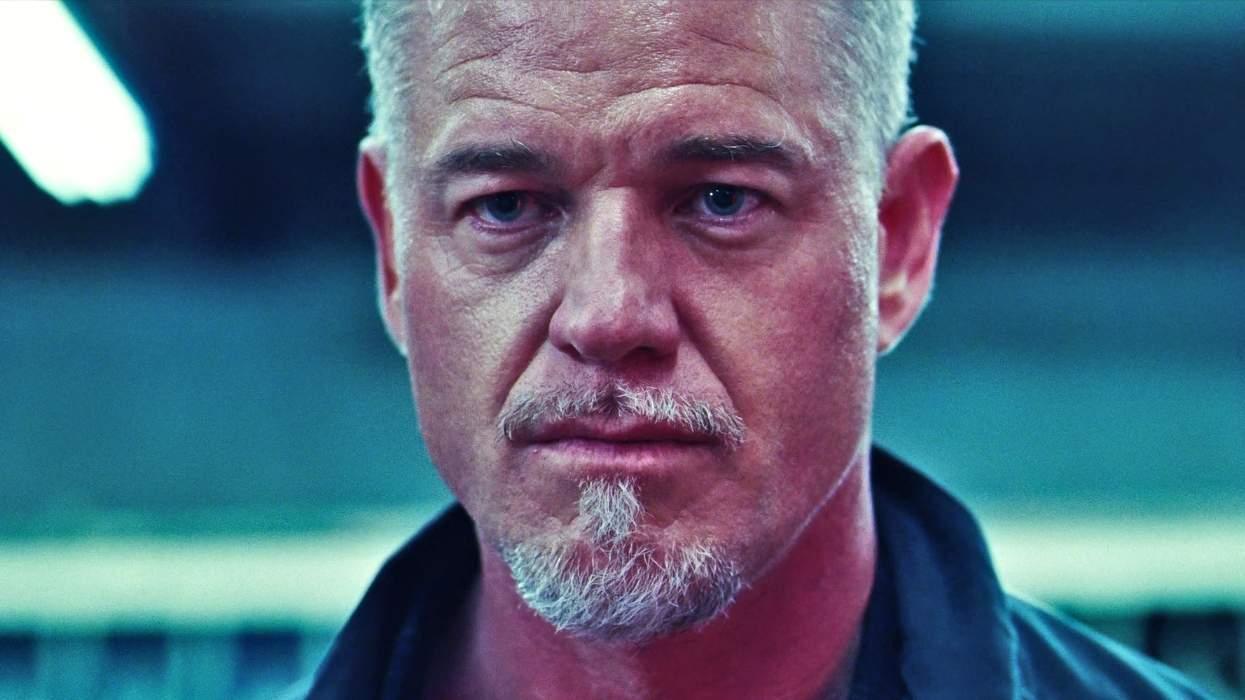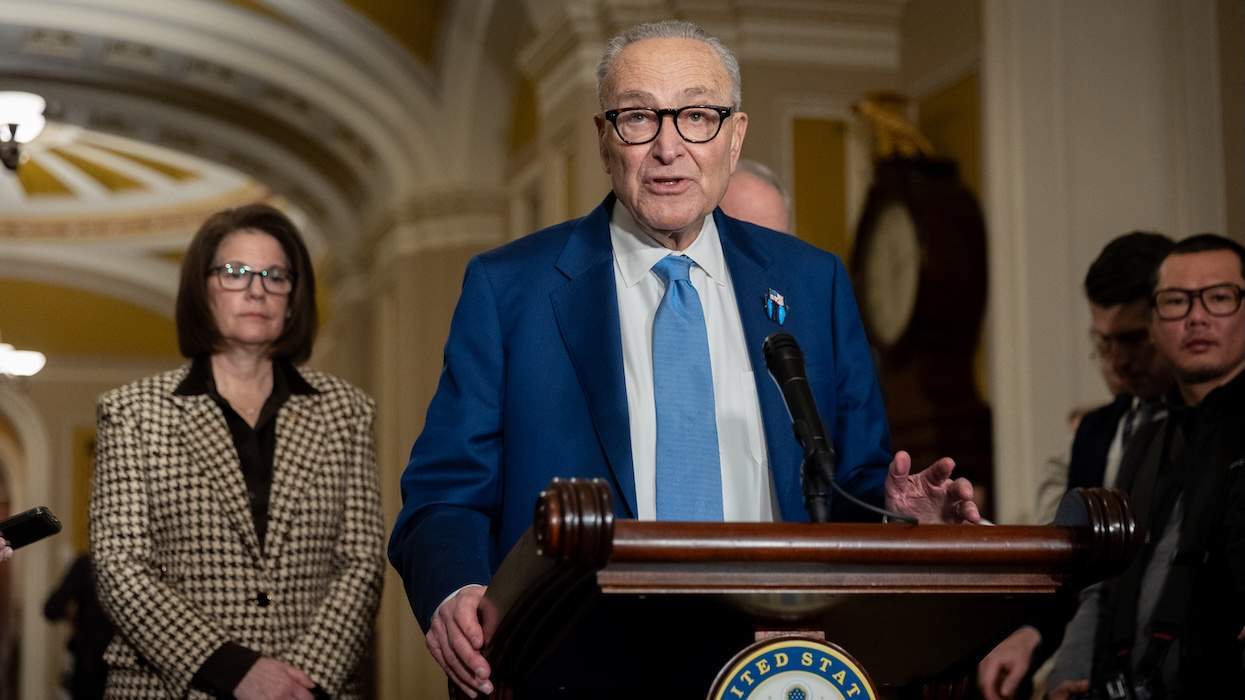A person in Britain appears to have been "functionally cured" of the human immunodeficiency virus, making him the second known person to be cleared of the virus that causes AIDS, but activists warn that the news does not signal any sort of realistic cure for people living with HIV.
The man in question, known only as the "London patient," received a bone marrow transplant in May 2016 to treat Hodgkin's lymphoma, The New York Times reports. Because the donor had a rare, HIV-resistant genetic mutation, the London patient developed a resistance, as well, which cleared him of the virus. He stopped taking antiretroviral drugs in September 2017 and has appeared to remain HIV-negative since, his doctors said.
"There is no virus there that we can measure," Ravindra Gupta, a professor and HIV biologist who treated the London patient, told Reuters. "We can't detect anything."
Still, Gupta cautioned that it's inaccurate to call the London patient "cured," instead describing his patient as "functionally cured" and "in remission."
"It's too early to say he's cured," Gupta cautioned.
News of an HIV cure is sure to grab headlines -- as it did in 2008 when Timothy Ray Brown, a.k.a., the "Berlin patient," was similarly cleared of the virus following a bone marrow transplant to treat cancer -- and for good reason. It's a big deal that offers "a glimmer of hope in the long-term fight against AIDS," says Brandon Cuicchi of ACT UP NY, but that hope won't translate into anything more tangible for people living with HIV today.
"[This news] has limited relevance to people currently living with HIV," Cuicchi tells Out. "It is unrealistic to think that people with HIV could or should undergo risky bone marrow transplant procedures to cure their HIV when sticking to their medication makes the virus undetectable and largely mitigates its effects."
The "possible cure" narrative used to frame news coverage of the London patient's risky, unscalable treatment also threatens to overshadow the very real, very safe, and extremely scalable treatment options currently available to people living with HIV, adds Jason Rosenberg, also of ACT UP NY.
"There is less and less urgency for people living with HIV around the world," he tells Out -- if they are able to access antiretroviral medications, that is. The real barriers to effectively treating HIV stem from a lack of access to that treatment, stigma and ignorance surrounding the virus, and "the greed of pharmaceutical companies" like Gilead charging upwards of $2,000 out of pocket for a 30-day supply of Truvada, a brand-name version of pre-exposure prophylaxis, or PrEP.
"There is a current crisis of ARV shortages in Venezuela and neighboring countries, and I'd hate for this news to dim the depth of the current epidemics still happening," Rosenberg says. "We must still aggressively focus on treatment access and preventative access."
RELATED | HIV Isn't Just a Gay Issue, It's a 'Social Justice Issue'


